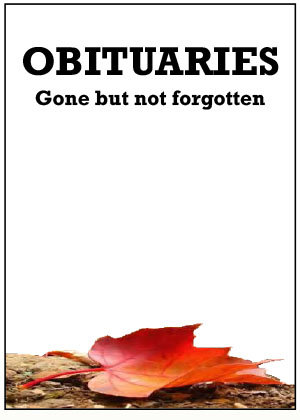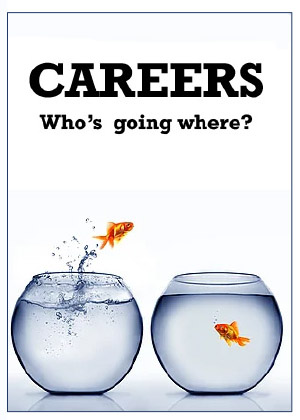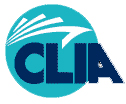On Friday morning, an article in USA Today implied that some travel agents are putting commissions before customers and that a desperate travel industry “fighting for survival (is) willing to do almost anything to get you traveling again – including possibly exposing you to a deadly virus.” By Friday afternoon, ASTA was on the warpath.
Branded “absurd” by the fuming US travel advisor organization, the story by freelance writer and self-described consumer advocate Christopher Elliott asked, “Is it ethical to even recommend travel at a time like this?” while claiming, “The travel industry hopes two-for-one deals and deep discounts will get you back on the road now.”
The author quoted ethicists and other consumer advocates suggesting that it clearly is not ethical to travel (or encourage doing so) while the COVID-19 pandemic is unabated and suggested that even within the travel industry “a debate is raging about what to do.”
For balance, Elliott also presented some opposing views claiming that it is okay to travel now, but his ultimate conclusion was: travel companies must accept the “hard reality” that “telling people it’s OK … is clearly wrong.”
Good travel advisors already know that, he ventured, agreeing that it’s okay to be making plans (and taking advantage of discounts) for future travel – but bad travel advisors could be sussed out by noticing any of the signs listed in “Is your travel advisor giving you dangerous advice?”
According to Elliott’s sources, these include: (The advisor) lies about public safety guidelines or suggests how to get around quarantine; they tell you not to worry or dismiss questions about travel safety; or they somehow manage not to mention COVID-19 at all. “Advisors who are not talking about COVID are probably just thinking about their commissions,” he wrote.

ASTA response
That travel agents would react badly to the story is of little surprise. Elliott admitted as much about a previous article he had written warning against travel in the current environment. “The agents were so livid about my common-sense advice that they tried to have the person who posted my story fired,” he wrote.
For its part, the American Society of Travel Advisors (ASTA) released a statement meant to “hit back hard,” against the article, which it says not only questioned the ethics of travelling during the pandemic but “cast aspersions” against travel sellers.
Appearing in the organization’s Travel Advisor Daily newsletter, the statement said, “We couldn’t disagree more with the author’s broad-brush conclusion that selling travel of any kind today is unethical. Such an unqualified proclamation ignores not only the fact that each traveler has her own level of risk tolerance, but also fails to acknowledge the critical role travel advisors play serving their clients when travel is, under anyone’s definition, considered ‘essential.’”
“Moreover,” the response continued, “the article completely discounts the unprecedented steps travel suppliers have already taken to mitigate risk, such that, in the words of the World Health Organization (WHO), ‘Your chance of being exposed (to COVID) during the travel process is actually relatively low because of all the measures that have been taken.’”
Angry ASTA added, “It’s far better to identify the real culprit for the virus’ spread – the failure to take the appropriate precautions – than to accuse people making an honest living selling travel, of acting unethically while dusting off the old ‘they’re only in it for the commissions’ trope.”
ASTA says it has always counselled its members to use objective third-party sources of information to make their clients fully aware of the risks related to travelling, but notes that in every case the decision to travel, or not to travel, is the client’s alone.
“To be sure, there is more risk associated with traveling now than before COVID-19,” ASTA acknowledged, but added, “Beyond hunkering down alone in your house, no activity is risk-free during this pandemic.
“While we all wait with great anticipation for a vaccine, we cannot realistically expect that one or more will be widely available until well into next year. Until then, people can and will travel while following the latest public health guidance, testing, health, and safety protocols. Risk management does not mean risk elimination and each individual traveler, fully informed by their expert travel advisor, should be able to determine their own tolerance for travel.
“In our view, following this course is more ethical than completely shuttering an industry that supports one in 10 jobs in this country.”



















